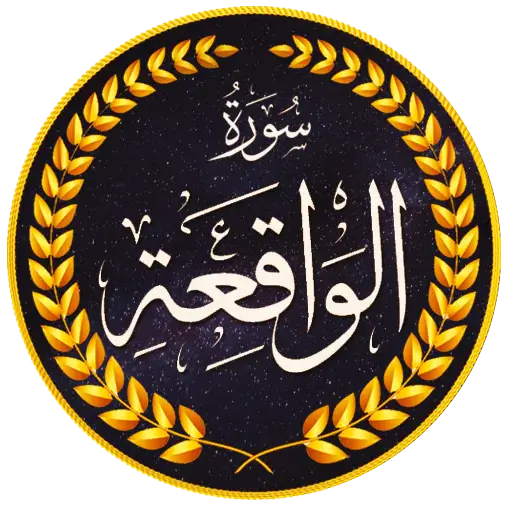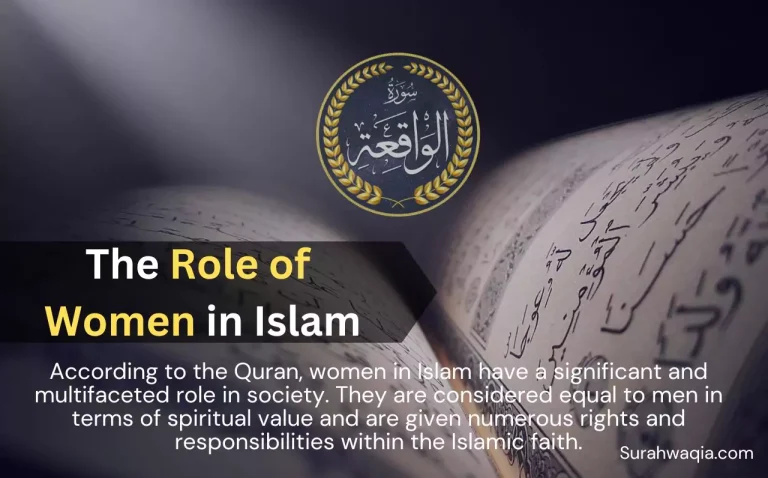Darood e Taj in PDF | Read Online 8 Benifits
Darood e Taj, also known as “Salat al-Taj” or “Salutation of the Crown,” is an Islamic supplication dedicated to bestowing blessings and salutations upon the Prophet Muhammad (peace be upon him). This elegant and musical Arabic prayer holds a particular place in the hearts of millions of Muslims worldwide, who recite it to convey their great love, respect, and admiration for Allah’s loving Messenger.
This lyrical darood (blessings) by the famous Sufi saint, Shaykh Abu Bakr bin Salim, is recognized for its engaging rhythm, resonating rhymes, and profound spiritual importance.
The name “Taj” alludes to a figurative crown that represents Prophet Muhammad’s high position in the hierarchy of all messengers and prophets. This Darood represents the believers’ desire to emulate the Prophet’s virtues and seek his intercession on the Day of Judgment.
Read Darood E Taaj In Pdf





Darood e Taj verses ingeniously weave praise and blessings upon the Prophet Muhammad, seeking Allah’s kindness and blessings. The supplication includes both the Prophet’s physical and spiritual characteristics, ranging from his noble genealogy to his compassionate demeanor, all of which serve as a source of inspiration and direction for believers attempting to live a decent life.
Many intellectuals and spiritual leaders have lauded the tremendous spiritual benefits and blessings linked to the Darood e Taj recitation. It is seen as a means of asking for the Prophet’s intercession, a tool for achieving closeness to Allah, and a cure for a variety of spiritual and physical ailments. Devotees recite this Darood with sincerity and devotion, often during personal supplications, remembering gatherings, and periods of seeking consolation and heavenly assistance.
Darood-e-Taj encapsulates the essence of Islamic love and veneration, exemplifying the intimate link between the believer and the Prophet. Its verses have crossed linguistic and cultural boundaries, striking a chord with Muslims of many backgrounds and languages. The recitation of Darood-e-Taj not only strengthens the relationship between the believer and the Prophet, but it also acts as a potent reminder of life’s ultimate goal: seeking Allah’s pleasure and imitating the exemplary life of His final Messenger.
Darood e Taj benefits
Many Muslims believe that Darood e Taj, a beautiful and well-loved Islamic supplication, has both spiritual and material benefits when performed with sincerity and dedication. While these advantages are strongly established in religious history and spirituality, it’s crucial to remember that the fundamental motive for reciting Darood-e-Taj should be love and devotion for the Prophet Muhammad (peace be upon him), rather than monetary gain. The following are some of the commonly held benefits of reciting Darood-e-Taj:
- Blessings and Spiritual Connection:
Reciting Darood-e-Taj is seen as a powerful spiritual connection to the Prophet Muhammad. Muslims believe that offering blessings and salutations to the Prophet brings them spiritually closer to him and gains his intercession on the Day of Judgment. The Prophet’s proximity is seen as a source of spiritual enrichment and rewards.
- Looking for Intercession:
Muslims believe that chanting Darood-e-Taj can help them seek the Prophet’s intercession in front of Allah. It is thought that the Prophet’s supplications and intercession have a particular value in the eyes of Allah, and by requesting his blessings, believers hope to gain his assistance and intervention in both worldly and eternal affairs.
- Sins Forgiveness:
Many supplications, notably Darood-e-Taj, have the goal of seeking forgiveness for one’s faults. Muslims believe that seeking the Prophet’s blessings can result in sins being forgiven, as the Prophet’s intercession is highly esteemed and can include interceding for the pardon of believers.
- Protection and Resistance to Difficulties:
Reciting Darood-e-Taj is commonly used to request protection from suffering, catastrophes, and challenges. Believers say it in the hopes of seeking refuge in the Prophet’s blessings and asking for his help when they are in need.
- Health and Happiness:
Some Muslims believe that reciting Darood-e-Taj helps improve one’s physical and mental well-being. While this notion is based on faith, partaking in spiritual practice can contribute to a sense of serenity and inner peace, which can have an indirect impact on one’s general health.
- Divine Help and Provision:
Many believers recite Darood-e-Taj to seek Allah’s help and blessings in their daily lives. It is thought that offering blessings to the Prophet can result in Allah’s mercy and favor, including the provision of food and the resolution of problems.
- Raising One’s Spiritual Status:
Reciting Darood-e-Taj is a noble act that can raise one’s spiritual status and bring them closer to Allah. Sincere dedication and affection expressed via recitation are thought to have a favorable effect on one’s heart and spirit.
- Increasing Faith and Love:
Reciting Darood-e-Taj regularly can help to deepen one’s faith, increase one’s love for the Prophet Muhammad, and confirm one’s resolve to live a life guided by his teachings. This might result in a stronger sense of purpose and a desire to replicate the Prophet’s personality and principles.
It is critical to approach Darood-e-Taj recitation with sincerity, humility, and the realization that the ultimate reward is Allah’s pleasure and grace. While many Muslims believe in these benefits, individual experiences and outcomes can vary. The basic goal should always be to honor and revere the Prophet Muhammad, seeking his blessings and intercession while believing in Allah’s wisdom and mercy.
Also, Read Islamic Marriage Quotes






